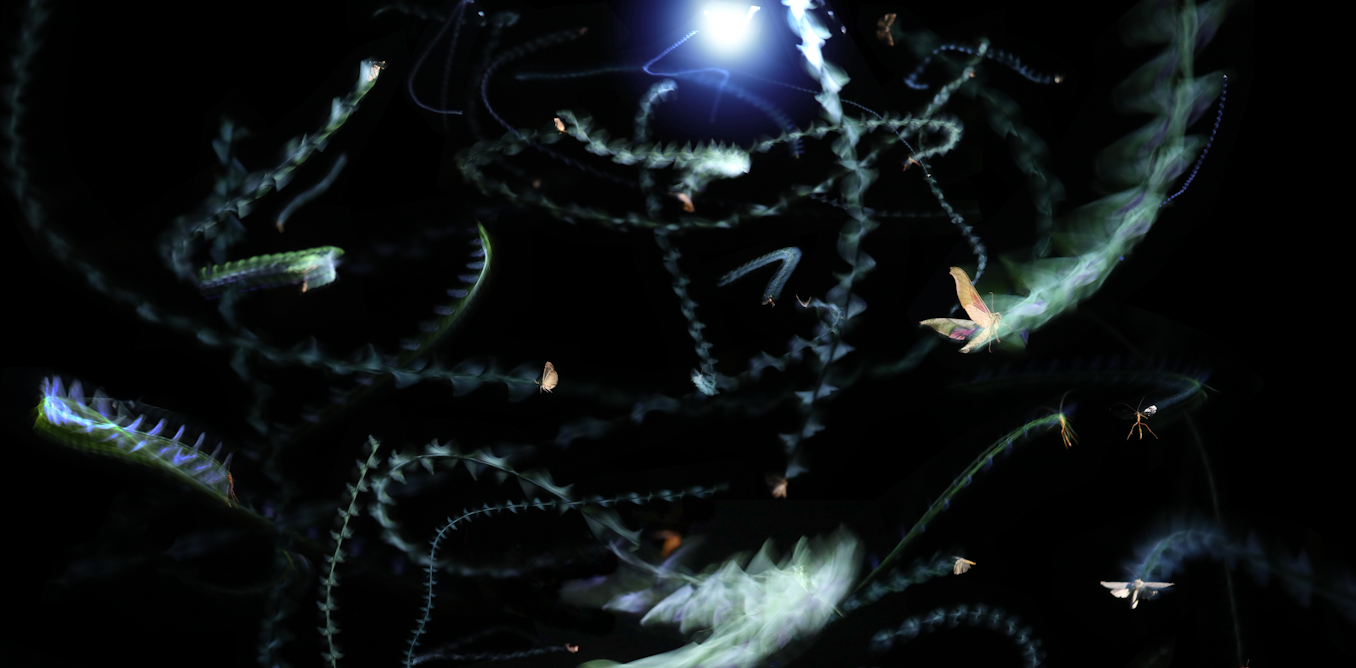Pacific voyagers’ remarkable environmental knowledge allowed for long-distance navigation without Western technology
Looking to the stars is an important part of how Pacific voyagers navigate. But deep knowledge of ocean currents, winds and waves, along with mental mapping strategies, are critical too.
May 14, 2025 • ~11 min









